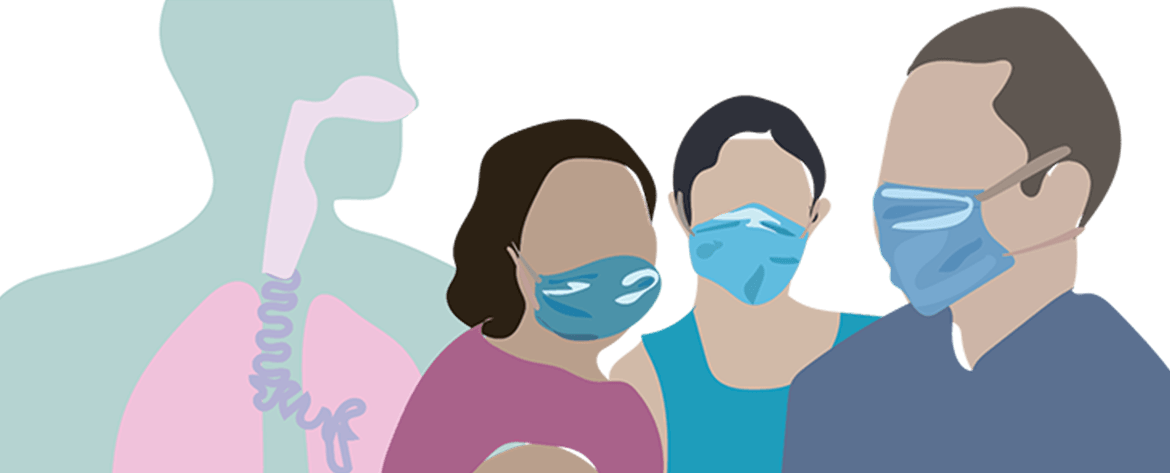Recommendations for the upcoming flu season
 Differences between Pandemic influenza, seasonal flu and Avian Influenza
Differences between Pandemic influenza, seasonal flu and Avian Influenza

Differences between Pandemic influenza, seasonal flu and Avian Influenza
Pandemic influenza, Seasonal Flu Outbreaks, Avian Influenza?
Seasonal influenza pertains to periodic outbreaks caused by several types of flu viruses strains particular to a geographic area. In Australia, the flu season reaches its peak during winter. Varying seasons entail unique vaccine formulations to protect humans against virus strains effectively. This means keeping up with mutating influenza viruses likely to be in circulation yearly through extensive research and flu vaccine development.
Influenza vaccines are prepared beforehand to combat the prevalent influenza viruses expected to cause the annual seasonal influenza outbreak. Up-to-date Quadrivalent Flu vaccinations give people some form of immunity, thereby limiting the spread of the highly contagious respiratory illness. The flu is a severe illness that affects even the healthiest individual and can be fatal to people with chronic conditions such as diabetes and asthma. Since there is no cure for influenza, flu shots serve as the best means of prevention and protection.
What flu strains are we expecting?
Pandemic influenza pertains to worldwide outbreaks of flu in humans which vary in severity. It can seem like a bad flu season in some cases and can quickly escalate to a global crisis that marks its place in history. A pandemic occurs upon the emergence of a new human-infecting strain of the influenza virus or a mutated influenza Type A virus.
People might have little to no natural immunity yet to this new strain, thus allowing the virus's rapid spread from person to person. It could take months to develop a vaccine that can protect people against the newly-emerged influenza virus.
Pandemics happened several times in the 20th century, causing thousands to millions of deaths in 1918, 1957, 1968, and 2009 (21st century). It's impossible to predict the next global outbreak, but many scientists believe it's only a matter of time. Awareness can encourage more people to decide to get immunised against the flu.
Avian influenza or bird flu falls under two groups. Low pathogenic avian influenza affects wild birds and domestic poultry, where minor symptoms to no sign of infection are exhibited.
Generally, these low-mortality strains pose an insignificant threat to human health. However, the H5 and H7 strains can mutate into a highly pathogenic avian influenza. Highly pathogenic avian influenza spreads rapidly and has recorded a high death rate in birds. It's rarely transmitted to humans, but the mortality rate exceeds 30% when a person gets infected.
H5N1 is the deadliest of the very few avian flu viruses that have crossed the species barrier with the ability to infect humans. Infected individuals have reportedly come in contact with infected poultry or contaminated surfaces with bird secretions/excretions traces.
The spread of avian influenza among humans has been limited to rare, sporadic cases since February 2007. Influenza H5N1 virus remains under close monitoring. Scientists do not disregard the potential of the avian virus strain with a high mortality rate to evolve. The mutation could easily transmit the virus among non-immune people, leading to a dreaded pandemic.
- Behind the Syringe
- Flu Insights

Introducing Aitor Aspiazu, your go-to flu expert and a Registered Nurse accredited by AHPRA (NMW0001159845). Boasting over two decades of experience in healthcare, Aitor has navigated everything from Emergency Departments to Corporate Wellness Programs—and yes, he’s even battled the flu himself. As the Founder and Lead Nurse Consultant at Corporate Care, he’s the driving force behind workplace health and well-being. No longer in scrubs, he’s now at the forefront of healthcare innovation, leveraging Artificial Intelligence and automation to revolutionise workplace health and well-being. As the Founder and Lead Nurse Consultant at Corporate Care, he’s the visionary behind cutting-edge flu vaccination programs that keep businesses running smoothly. Off-duty, he’s a proud dad and a Padel addict who represented Australia in the World Padel Championship. Trust Aitor; he’s got your back when it comes to flu prevention and modern healthcare solutions.